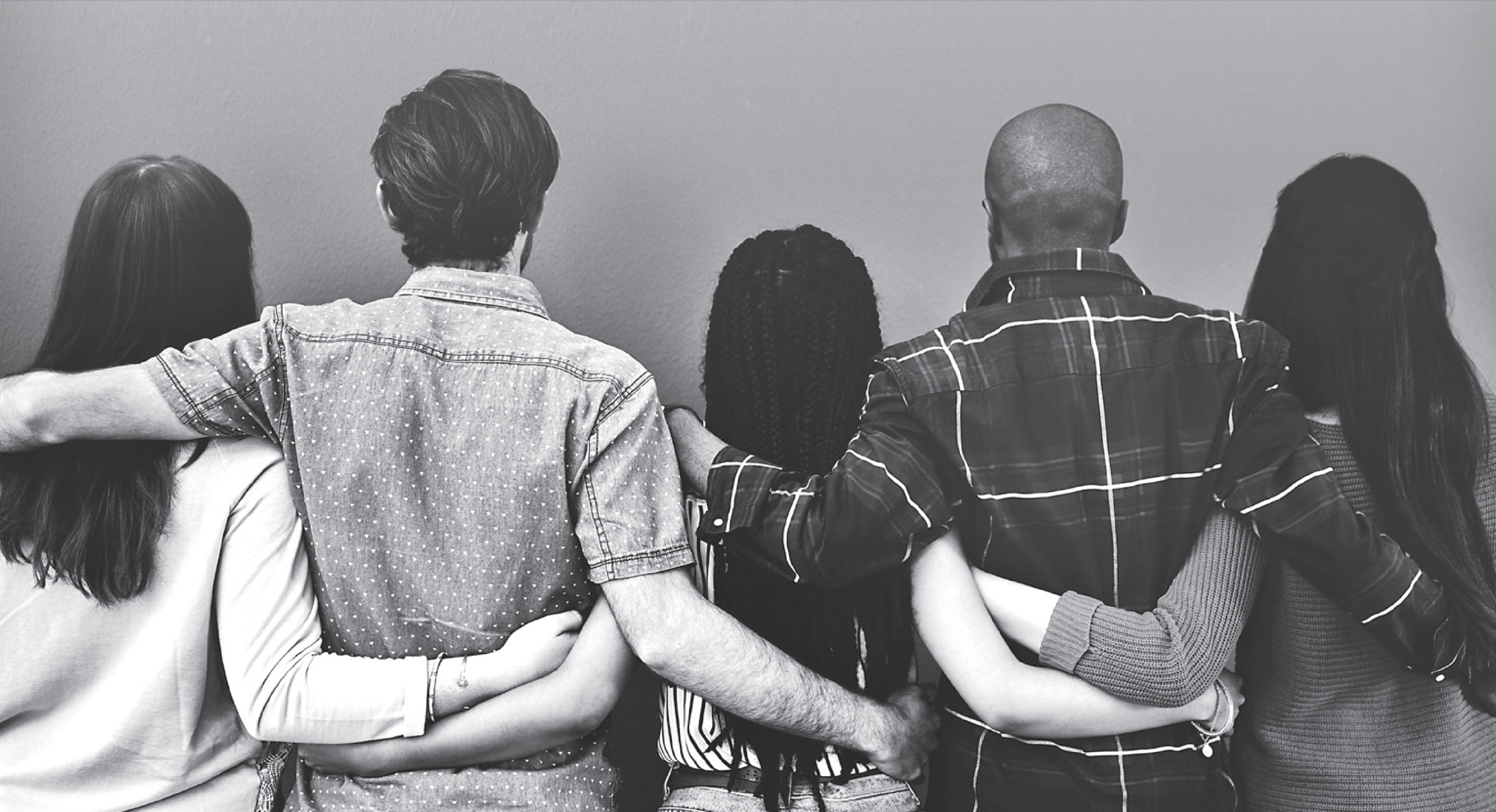
Racial Wealth Gap Learning Simulation helps congregations understand, undo structural racism
September 17, 2018
What would it take to end racism? That’s a tough question—one that I have tried to answer over the course of my career. As I’ve grown closer with God, I have realized that undoing any man-made sin requires deep reflection, repentance and divine course correction at the individual level, within the church and with local, state and national policies and practices. The quest to undo racism is no different.
Christians are diverse in relating to racism. Some of us are trailblazers in this work. Some realize the harsh impact of this sin not only on individuals but also on generations. This sin separates us from operating as a true body of Christ, meaning that we are prevented from living in peace, love and true union with each other. Other Christians may understand racism as an issue, but not as “their” issue, or the specific issue that God has called them to address.
Regardless of your place on this spectrum, God calls us to a high standard of loving one another and truly being our brothers’ and sisters’ keeper. Meeting this standard requires that we serve others, which, many times, requires putting the needs of others above our own (Philippians 2:3-4, Romans 12:10) and dying to self (Galatians 2:20, Galatians 5:24, John 3:30, Luke 9: 23-24, 1 Peter 2:24).
Ending racism will require that we truly adopt the concept of being our brothers’ keeper. It will require a transformational shift in how we serve others—shifting from serving some to serving all, especially people who are different from us.
Ending racism will require that we truly adopt the concept of being our brothers’ keeper. It will require a transformational shift in how we serve others—shifting from serving some to serving all, especially people who are different from us. We are all God’s children. And if we are to accept this standard from God, then we must identify how our biases may be preventing us from fully serving and loving one another—whether by way of our personal interactions with each other or through the policies we support. How are we practicing love and putting the needs of others above our own?
One of the reasons God calls us to love one another is that God doesn’t want sin to separate us from God and from each other. We are stronger together than we are apart. And God’s plan is to unify, rectify and restore—not to tear down, destroy and divide. One of the reasons that the “body” of Christ is referenced throughout the Bible (Colossians 3:14-16) is that God wants us to operate as one flesh.
How can we get to the place of loving our brothers and sisters like Christ? In the context of ending racism, we need to understand what created racism and how racism undermines our ability as believers to operate as one flesh. The Racial Wealth Gap Learning Simulation was designed to do just this. A joint effort of Bread for the World and NETWORK, this toolkit can help in understanding why race matters, how we got here and how to break down barriers.
The interactive simulation allows participants to blindly select white or black participant race cards. Participants take turns reviewing a set of 13 federal policies that created the racial hunger, income and wealth divides. Each card describes the policy and instructs participants to lose or gain money, land and opportunity cards. At the end of the simulation, participants with white participant race cards have 13 money cards, while half of the participants with black participant race cards have one money card, symbolizing the 13:1 white-black wealth divide in the United States. The other half of participants with black race cards end with zero money cards, representing the wealth divide even among households near the poverty line.
The simulation provides a platform for communities, churches and organizations to converse about race. The lack of such conversations prevents us from taking the next step of discussing racial equity and anti-racist policies and practices. By racial equity, I mean achieving equal outcomes for people regardless of race. Achieving equal outcomes commonly requires targeted investments. To learn more about the definition of racial equity, read page five of the “Racial Wealth Gap Learning Simulation Policy Packet.”
Many people are grateful to better understand how policies have created structural racism. But the simulation is not enough. The “Racial Wealth Gap Learning Simulation Biblical Study Guide” helps participants reflect on a series of biblical principles, including how God created racial diversity. It invites us to address racial and ethnic bias. I deeply encourage you to reflect on the guide after the simulation and spend time praying for direction. How can we apply a racial equity lens to our work, churches, personal interactions and the policies we support?
We may not have created structural racism, but we have the responsibility to fight it. This fact is especially true for Christians, who are called to live together in peace and love. Yet this calling is impossible to accomplish given the deep divisions that structural racism causes.
What will it take to end racism? Ending racism requires understanding how it was created, acknowledging it as a man-made sin, accepting that every believer has a role in undoing it, and relying on God to help us implement racial equity personally, within our churches and in our policies and practices nationwide.
Marlysa D. Gamblin, MPP, is domestic policy advisor for policy and programs, specific populations, Bread for the World. For more information and to bring the simulation to your community, go to bread.org/simulation.
The views expressed are those of the author and not necessarily those of American Baptist Home Mission Societies.
Subscribe to Christian Citizen Weekly

